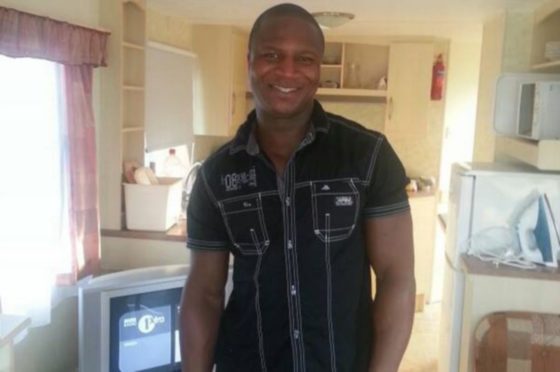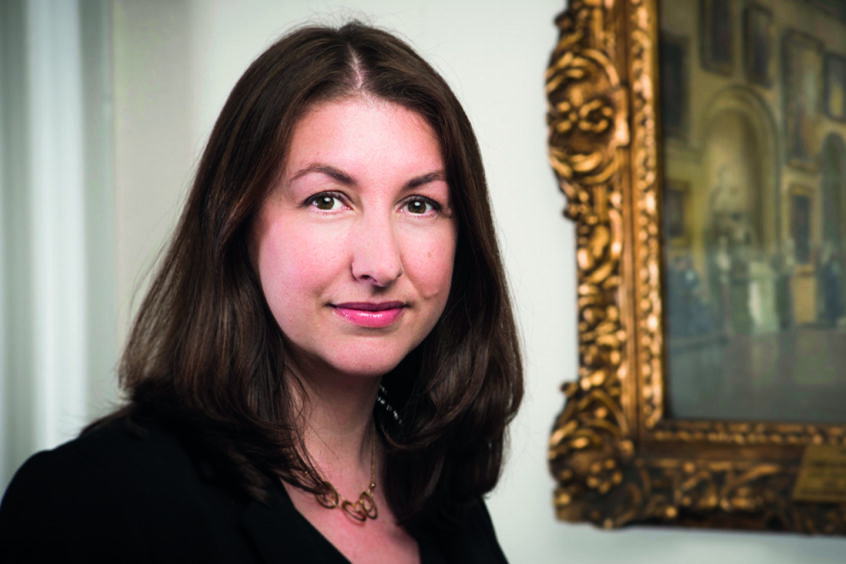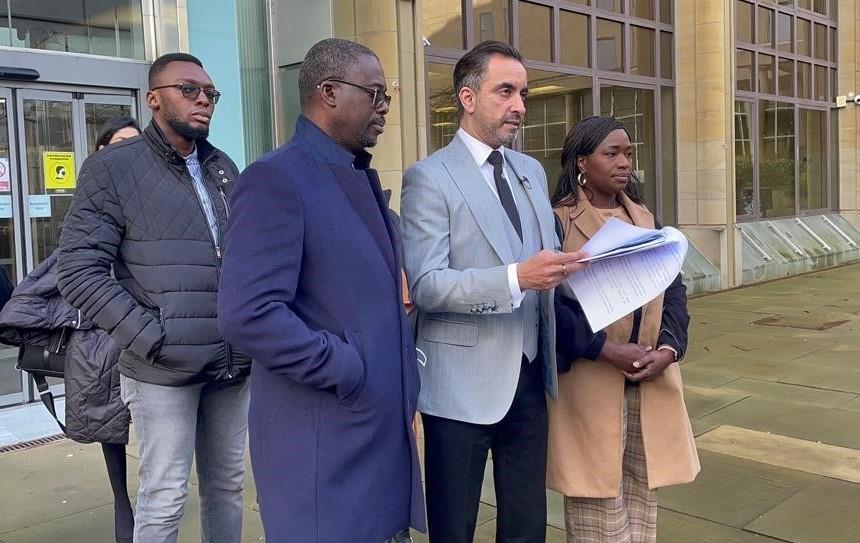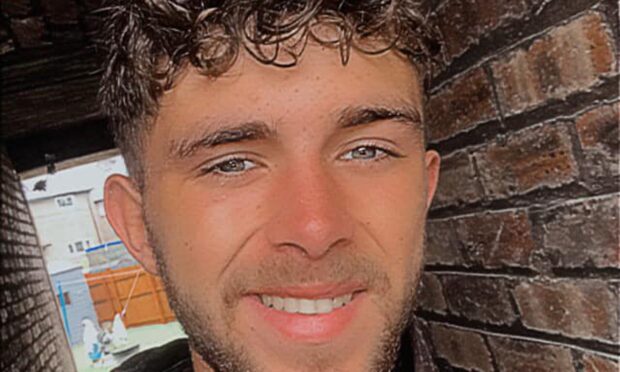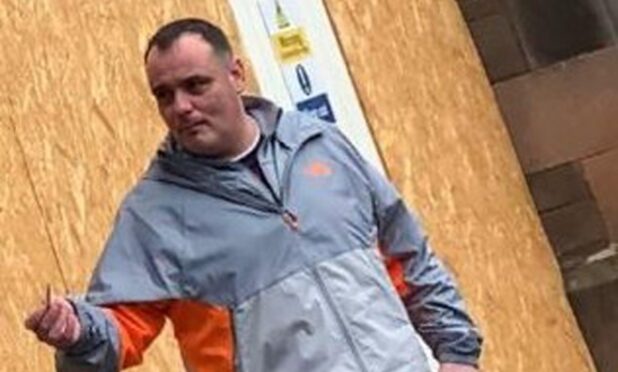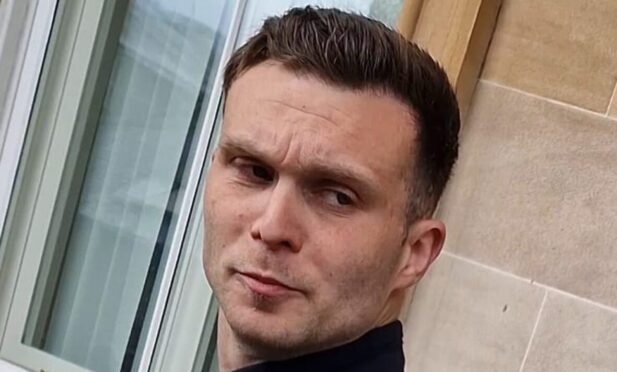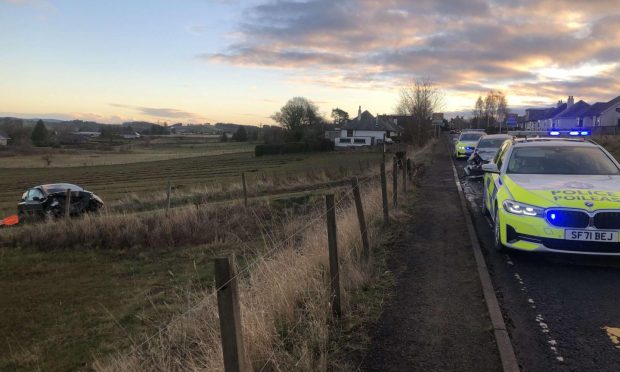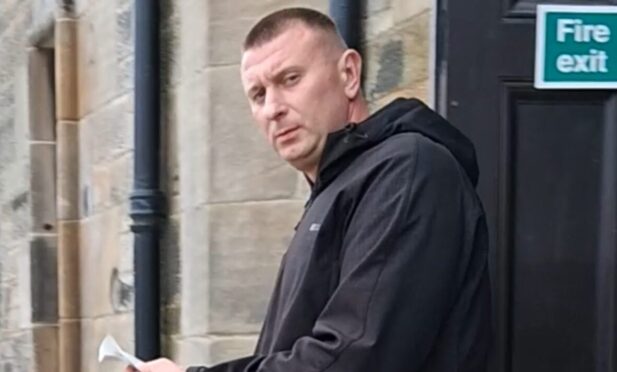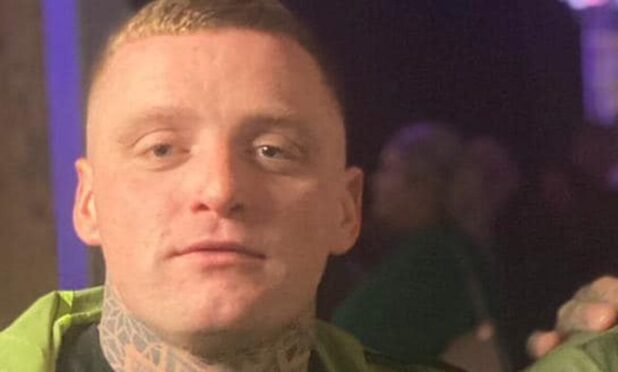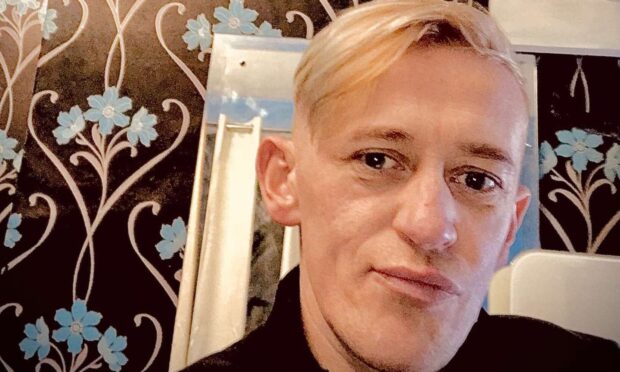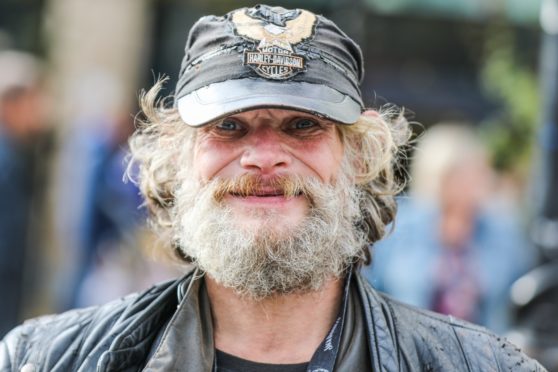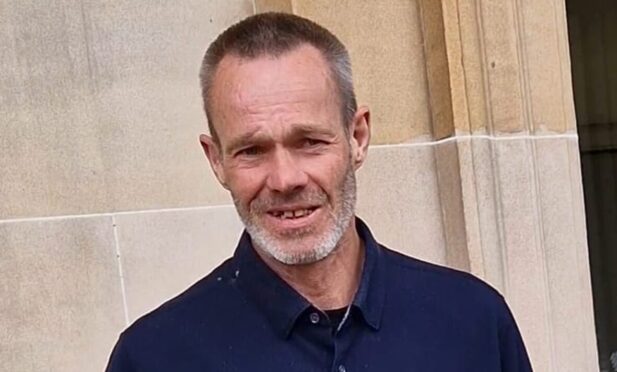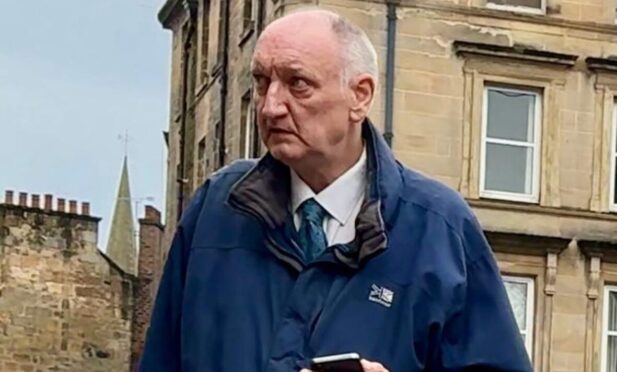Officers involved in Sheku Bayoh’s death nearly seven years ago have asked the official inquiry into the matter to ensure their evidence will not be used to bring criminal proceedings against them.
Three of the officers have asked for a legal guarantee from the Solicitor General.
A legal representative for Sergeant Scott Maxwell and constables Daniel Gibson and James McDonough said they may be forced to refuse to give evidence if the undertakings are not granted.
They are also asking a similar undertaken is made by the Deputy Chief Constable of Police Scotland to prevent disciplinary proceedings being brought.
A further eight officers are also said to be considering similar action.
During the course of a public inquiry individuals can refuse to give evidence that may incriminate themselves.
However, the move has prompted a furious backlash from Mr Bayoh’s family.
Police ‘are not above the law’
Speaking before Tuesday’s preliminary inquiry session in Edinburgh, family lawyer Aamer Anwar said: “This is an astonishing position for police officers and the Federation to take some seven years after the death of Sheku Bayoh.
“The police, as the guardians of law and order, are given the powers of arrest, with the power to use force and weapons in reasonable and proportionate circumstances
“But all those powers carry a heavy responsibility, which means that they are not above the law and are expected to adhere to standards – and with standards comes accountability, not silence.
“This inquiry owes its existence to the struggle fought by Sheku’s loved ones, and they believe the request for undertakings is an insult to the oath taken by police officers to uphold the law and an attempt to escape scrutiny.
“After all, their human rights against self-incrimination are maintained even if they gave evidence without undertakings.
“If these officers have nothing to hide, then they have nothing to fear from coming and giving evidence to the inquiry – after all their Chief Constable has told the inquiry he is ‘fully committed to supporting the inquiry’s aims and objectives with absolute candour’.”
Move could help ‘get to the truth’
During proceedings in the Glasgow bin lorry crash inquiry, driver Harry Clarke – who was at the time facing potential criminal action – refused to answer a number of key questions.
Senior counsel to the Sheku Bayoh Inquiry Angela Grahame QC said a similar move relating to the police officers would allow the inquiry to “get to the truth”.
She told a preliminary hearing in Edinburgh: “The effect of the undertakings, if granted, will be that no evidence given to the inquiry by any officer will be used against them in any criminal proceedings in the future or used when deciding whether to bring such proceedings.”
She said the “positive effect on establishing the truth and any negative effect on the administration of justice” must be balanced in deciding whether an undertaking is granted.
She asked the inquiry chair to make the necessary representation to the Solicitor General.
Social media ‘campaign’
Her position was backed by Roddy Dunlop QC, who is representing two of the other officers, as well as the Scottish Police Federation.
He said: “In the written submissions, the request is described as astonishing, as shameful and insulting.
“These descriptions are wholly unwarranted.
“The request for undertakings in inquiries such as this are commonplace – no respectable, sensible lawyer would recommend proceeding without exploring the possibility of securing undertakings on behalf of his or her client.
“It is sensible and it is lawful, in particular against the backdrop where there is an on going campaign on social media describing matters in a way that suggest criminality on the part of certain individuals.”
Motion opposed by family
However, Claire Mitchell QC, acting on behalf of the Bayoh family, opposed the motion.
She said: “The family of Sheku Bayoh have waited some seven years to hear the truth of what happened and want the inquiry to use its power to establish the truth.”
She added officers have a “duty of candour” and the public has “a legitimate expectation that police officers will give every assistance after a serious incident”.
The hearing adjourned and a decision will be made at a later date.
Father-of-two Mr Bayoh, 31, died in Kirkcaldy on May 3 2015 after he was detained on Hayfield Road by police officers.
He was arrested and a struggle ensued between the pipe fitter and multiple police officers seeking to restrain him.
The circumstances of his death during arrest and the subsequent inquiry form the basis of the inquiry led by former High Court judge Lord Bracadale.
It will also examine whether race was a factor in his death or the manner in which it was investigated.
Mr Bayoh’s family remain angry that two years ago, the Lord Advocate confirmed no police officer, or Police Scotland, would face prosecution.
Following the hearing, Mr Anwar said: “Sheku was a father, son, brother, partner, uncle who was much loved.
“The family believe that Sheku, who was unarmed, was the victim of an unlawful use of force by the police, that was unnecessary, unreasonable and out of all proportion to the threat they faced.
“The family have placed their trust in this public inquiry to uncover the truth.
“This inquiry owes its existence to the struggle fought by Sheku’s loved ones and they believe if these officers have nothing to hide, then they have nothing to fear from coming to give evidence to the inquiry.”
